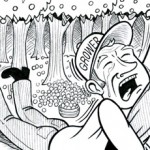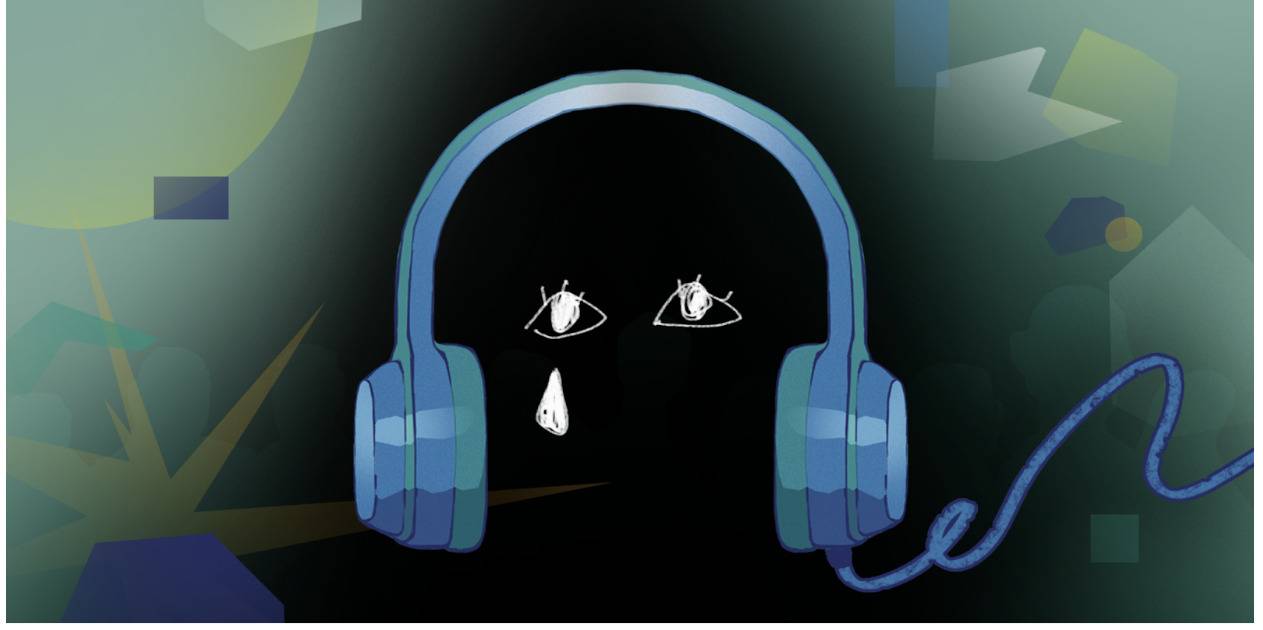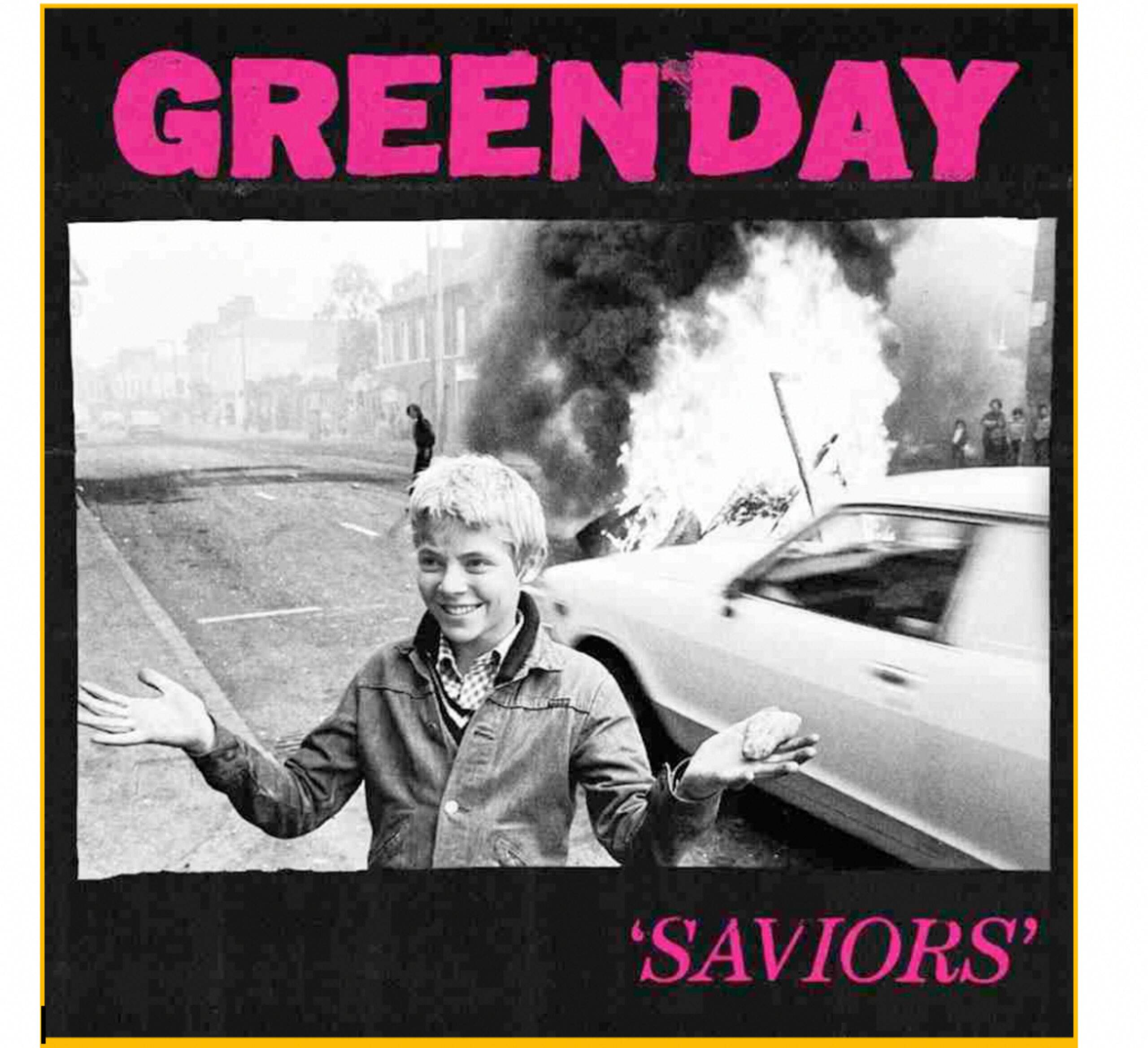
Photo courtesy of Ben Blackwell
Third Man Records is the brainchild of the revered rock’n’roll phenom Jack White (the White Stripes, the Raconteurs, the Dead Weather). Since transforming the label from an intangible paperwork caveat in Detroit to a studio/performance space/store in Nashville in 2009, Third Man has offered unconventional and inventive vinyl releases from a wide range of artists (Loretta Lynn and Insane Clown Posse have released music with Third Man). The label is especially known for its “Your Turntable’s Not Dead” vinyl preservation ethos and mostly stays true to the garage, blues, and rock’n’roll music that made Jack White the force he is in popular music today.
In this interview, Ben Blackwell, Director of Operations at Third Man Records and blood relative of founder/mastermind Jack White, discusses his history with the White Stripes, the founding of his own label in 2003, and the inner-workings of the elusive and compelling world of Third Man Records, Nashville.
Chris Kareska: Before you worked at Third Man you worked for Italy Records and then started your own label Cass Records. When did you start Cass Records and what was the operation like?
Ben Blackwell: I started Cass Records in January of 2003. I was still living at home with my mother and I was constantly touring with the Dirtbombs. I never really saw the benefit of paying rent where I never got the chance to sleep. So when I was gone my mom would basically cover mail order and things like that. When I was home I was doing mail order and all the other business. It wasn’t a huge undertaking, it was a pretty small operation.
CK: What was it like starting your own label? How did you fund it and decide which artists to sign?
BB: As a music fan it’s the most fun you can have. It’s both liberating and empowering. I was given money by my mother to start the label. She had this reasoning that she had paid for both my brother and my sister to attend university, but I got a full scholarship so she never had to pay any tuition. So she said, ‘I gave them the equivalent of however many dollars for school and you never needed it so I feel it’s only fair if I give you that to start this label.” It was one of the most genuinely sincere things anyone’s ever done for me. From there, I’d been touring enough and been in touch with bands and going out to see shows so finding bands that I wanted to put out was not a problem. Finding bands that would actually follow through and actually put something out — that was the next step. I think I moved at a pretty good pace and the only criteria of releases was music that I wanted to hear — stuff that I liked. Between the releases there’s no real connection to them other than that I think it’s good music.
CK: And Third Man began in 2001, correct?
BB: Well, Third Man kind of existed on paper. When the White Stripes started signing deals with bigger labels, Third Man was created as an entity to just kind of make sure that the band was protected from things like losing ownership of their masters and stuff like that. All those White Stripes releases on V2 and XL, they’re all basically licensed from Third Man Records, but Third Man records only really existed on paper. There wasn’t a physical location, there weren’t offices or anything like that.
CK: When you started Cass Records was there any overlap between what you were doing with Cass and what Jack White was doing with Third Man?
BB: No, because Third Man wasn’t really putting out other artists. Third Man did the first album by the Whirlwind Heat … that might have been 2003 as well. We kind of collaborated on…there was a release by a band in Detroit called the Muldoons and their first LP was kind of a co-release between Third Man and Cass, but it was the Third Man logo on it. “Third Man” covered some of the costs with manufacturing, production — that kind of stuff. But Cass was running the distribution, the mail ordering and everything. If you look at Third Man from 2001-2009 and you remove the White Stripes and the Raconteurs there’s not really much there.
CK: You’re Jack White’s nephew and the official archivist of the White Stripes — could you talk a little bit about your involvement with the band early on? What was touring like?
BB: I was just really young and really excitable — I just wanted to be involved, and like most teenagers, anything you love or believe in you get kind of fanatical about. Everything just kind of lined up. The age when I was in a position to be involved was right when the White Stripes were starting out. It was a lot of putting amps into the back of the van or the car. By the time they got 7-inch records to sell, I was at the merch table selling them. Every step forward they took afforded me a little more responsibility. When they started touring, I took my fair share of driving the van. The drive from Fargo to Missoula is a long one and there’s only two folks in the band — they’ve gotta play the shows so anything I could do was always a help. It was fun, man! I can’t imagine my life without it. I feel like my life would be boring without them. It’s a great way to see the country and it’s a great way to learn about things.
I had done a decent amount of time on the road with the White Stripes before ever really doing a substantial tour with the Dirtbombs. By the time I was doing that I was already fairly accustomed to what to expect. It was just a great learning experience on multiple fronts — how to survive on tour, what you need to know, what you need to look out for, what to avoid — all that kind of stuff. Everything I’ve learned with them has composited itself into stuff that I still use on tour and still use when I’m working here in the office at Third Man.
Our last Vault package was the last live show that the White Stripes ever played. I was there at that show working for them, and playing in the opening band as well. That stuff that I kind of have a connection to. There’s something intangible there that I don’t think you could find if you just hired someone off the street to do my job.





















